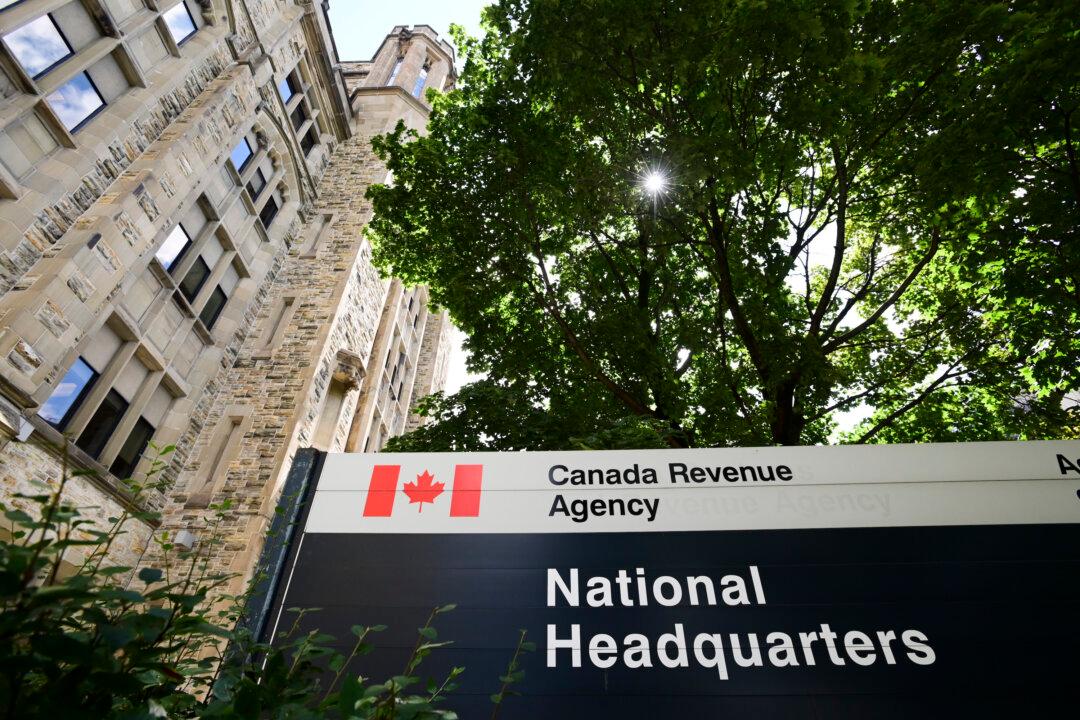News Analysis
With tax season approaching and people and businesses across the country preparing to file their taxes, past cases involving taxpayers’ grievances are giving rise to questions about tax collectors’ reciprocal obligation to Canadians: their “duty of care” to provide fair treatment.





